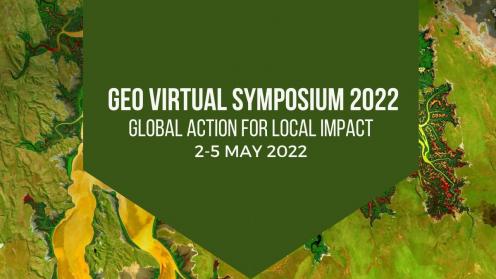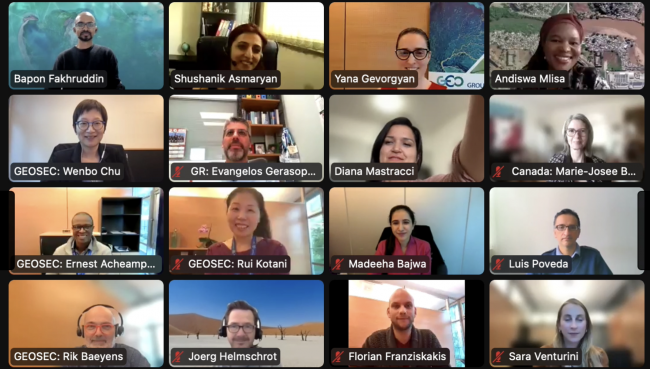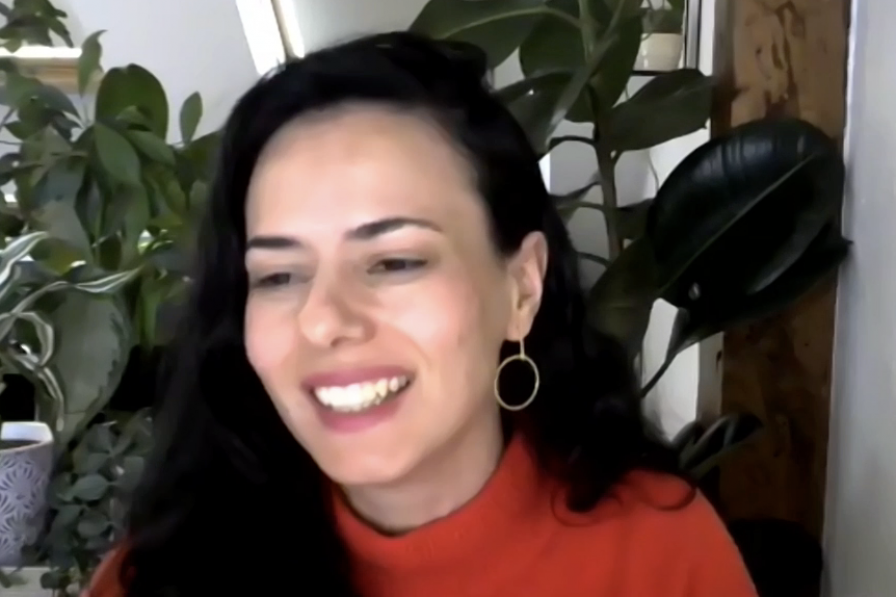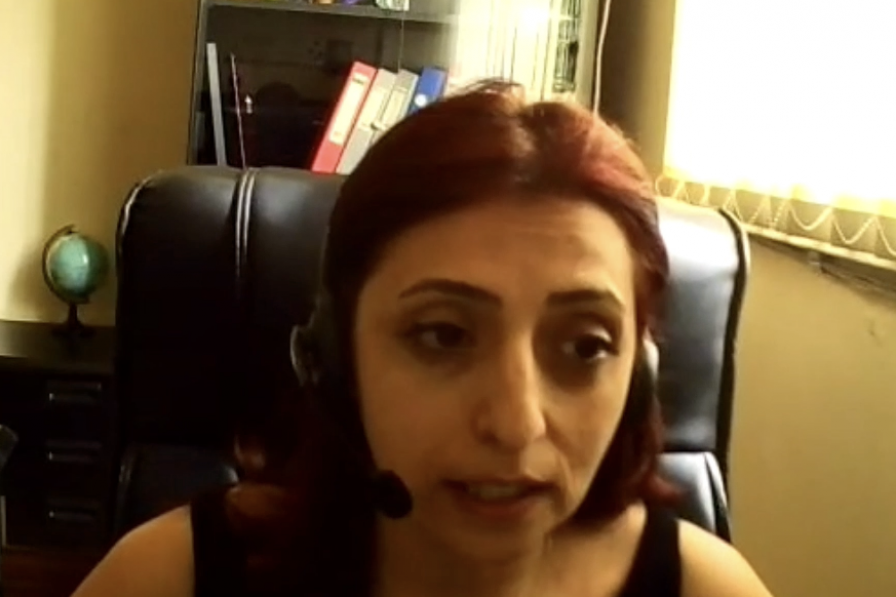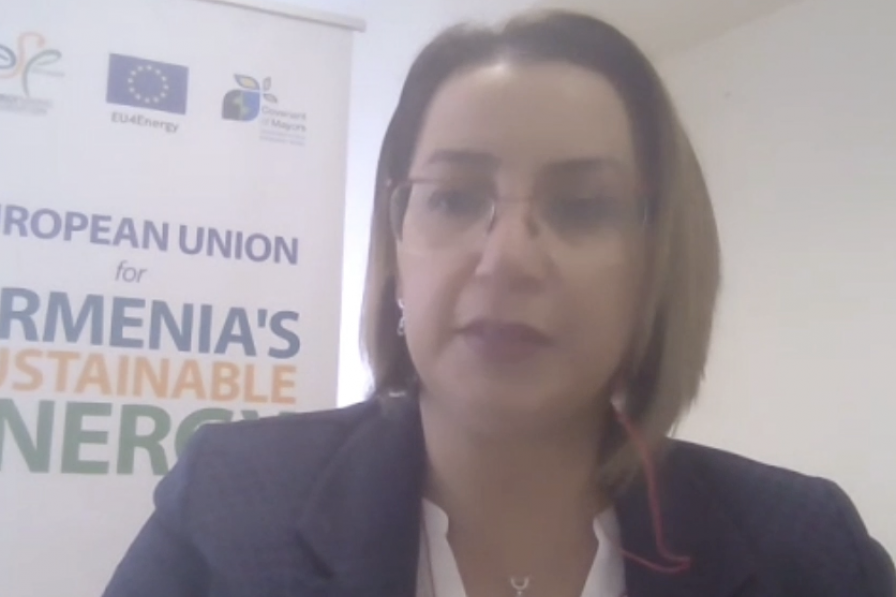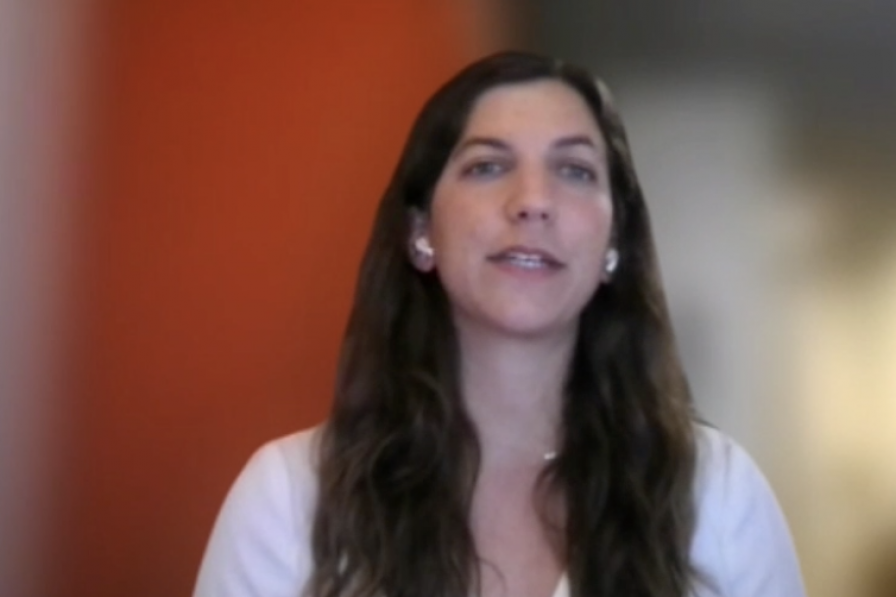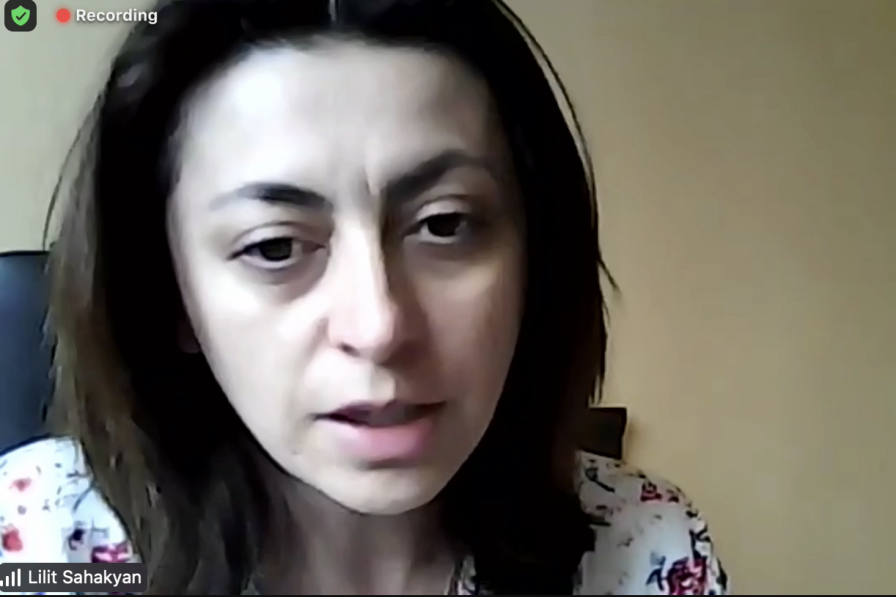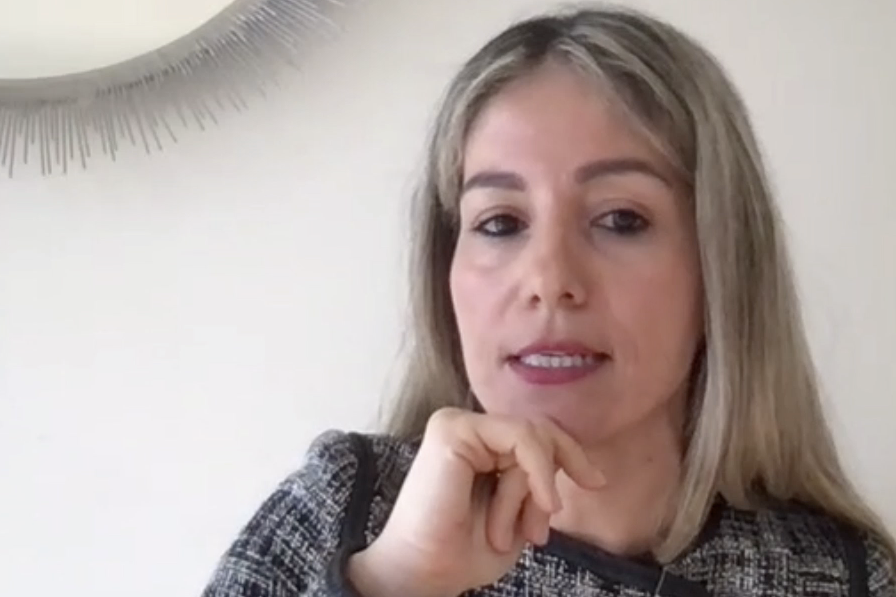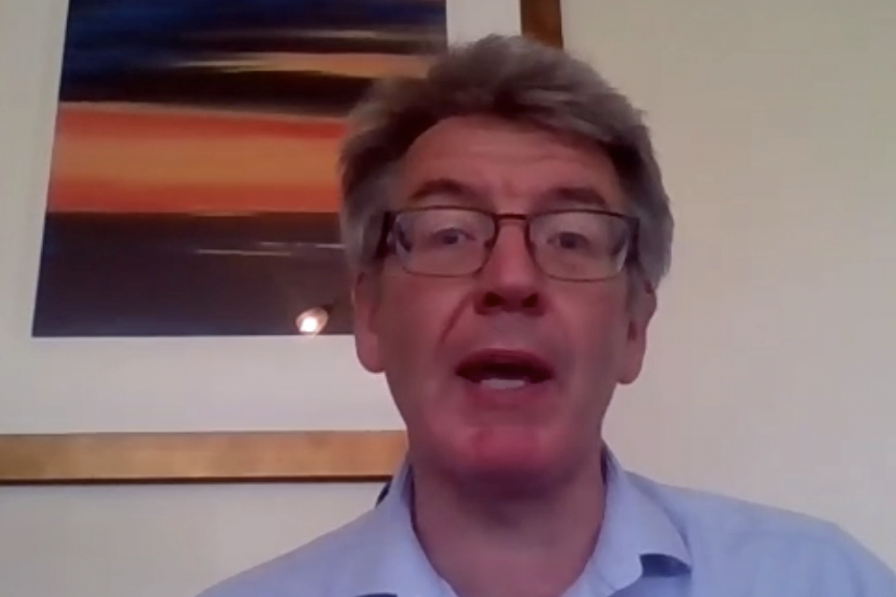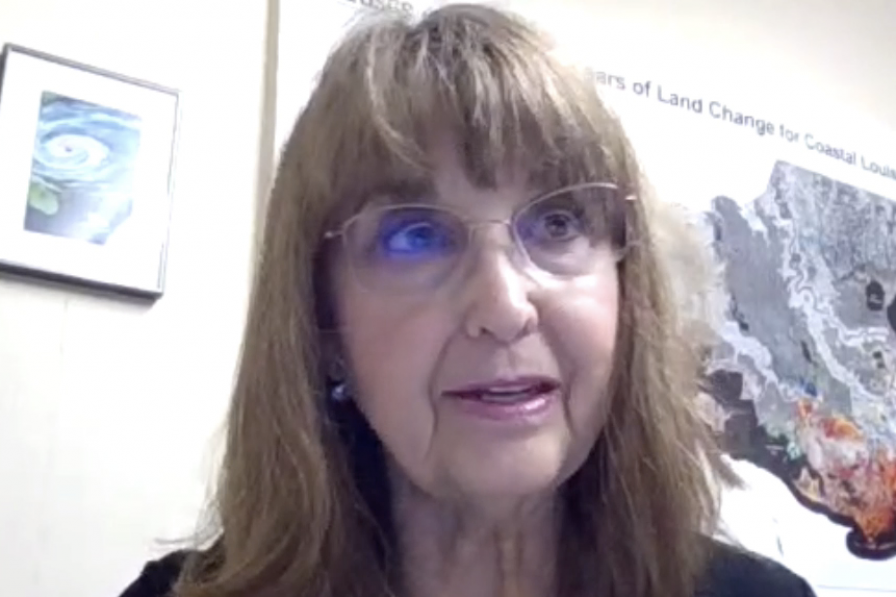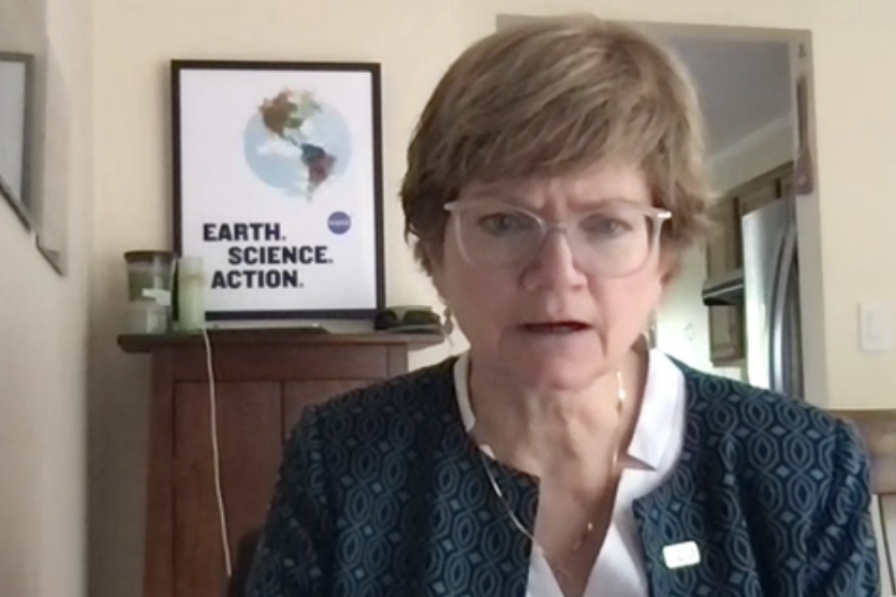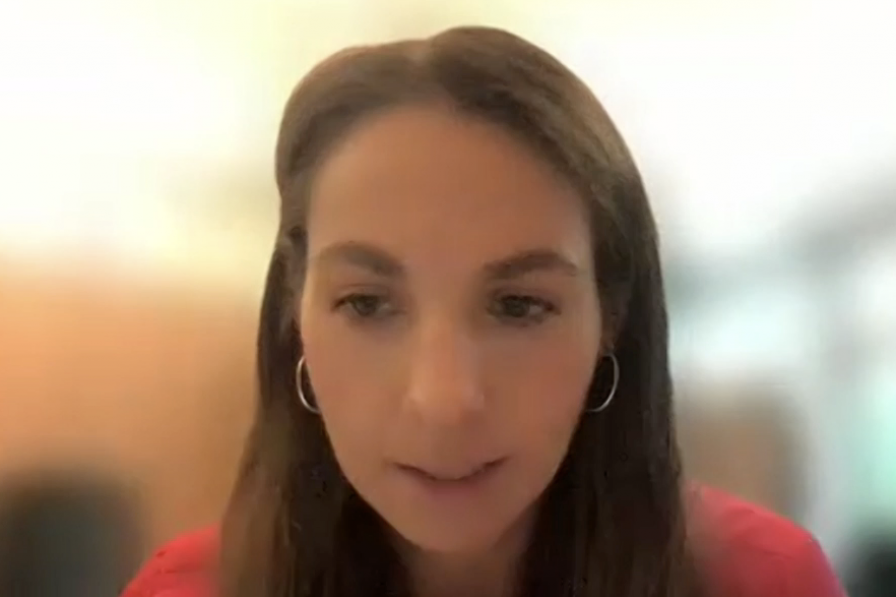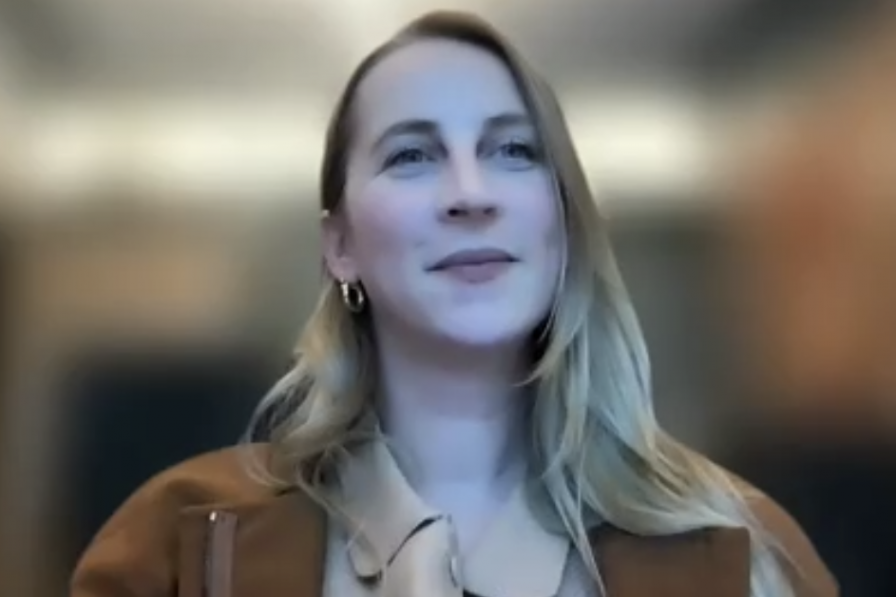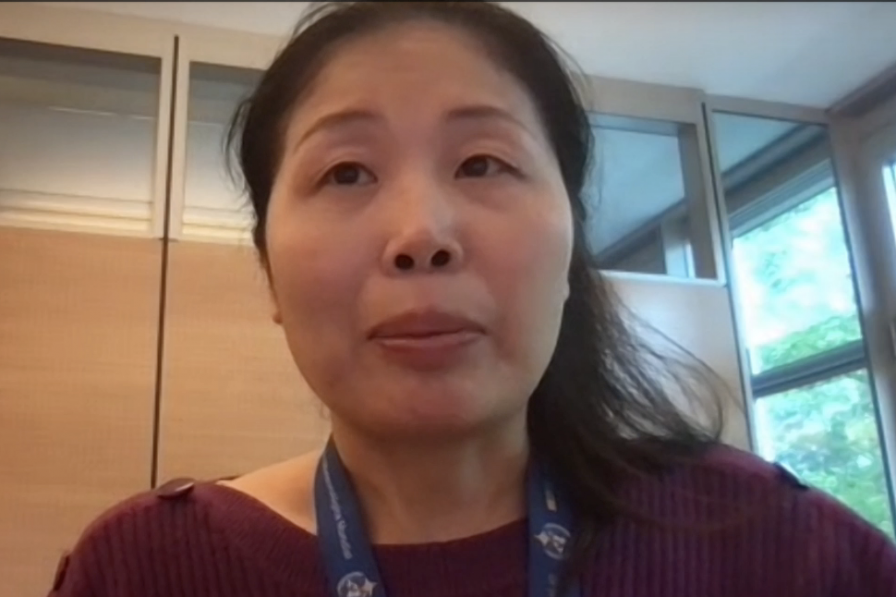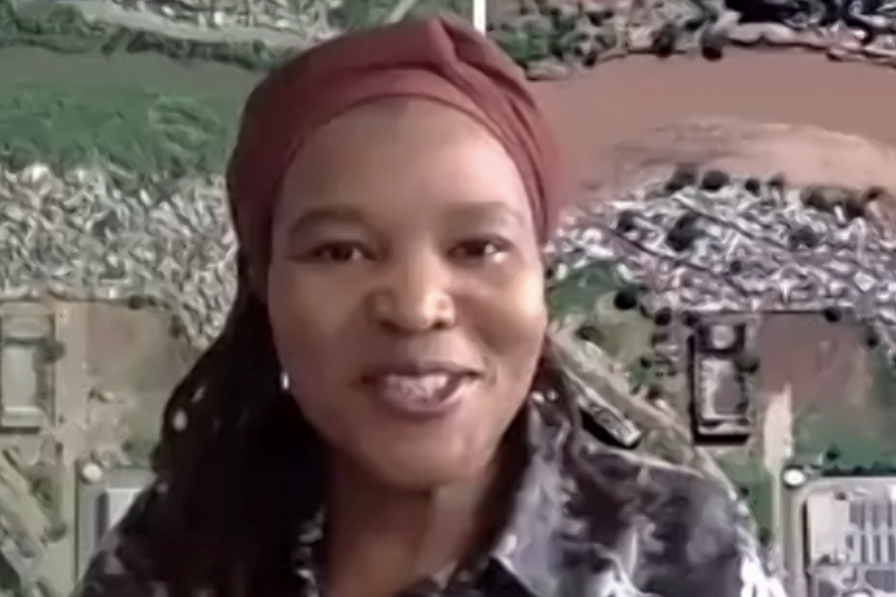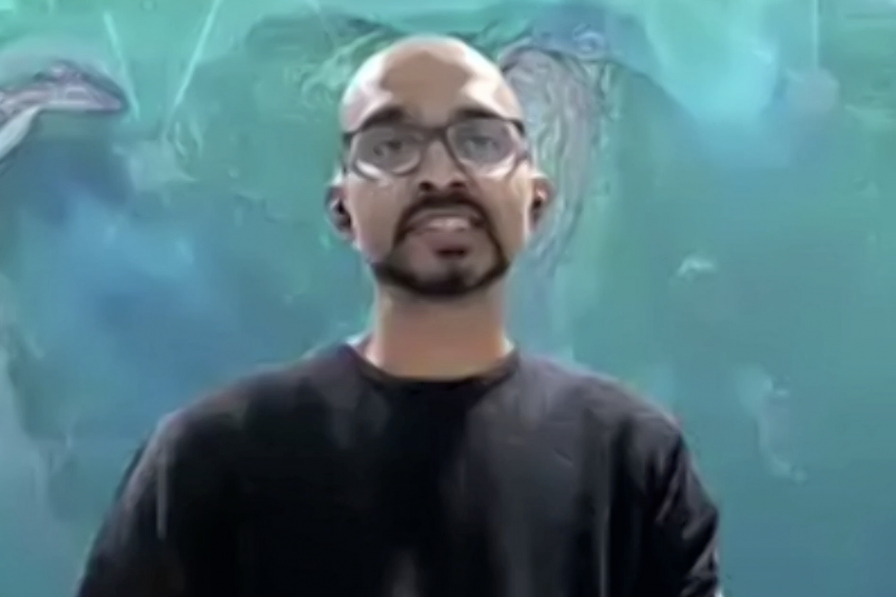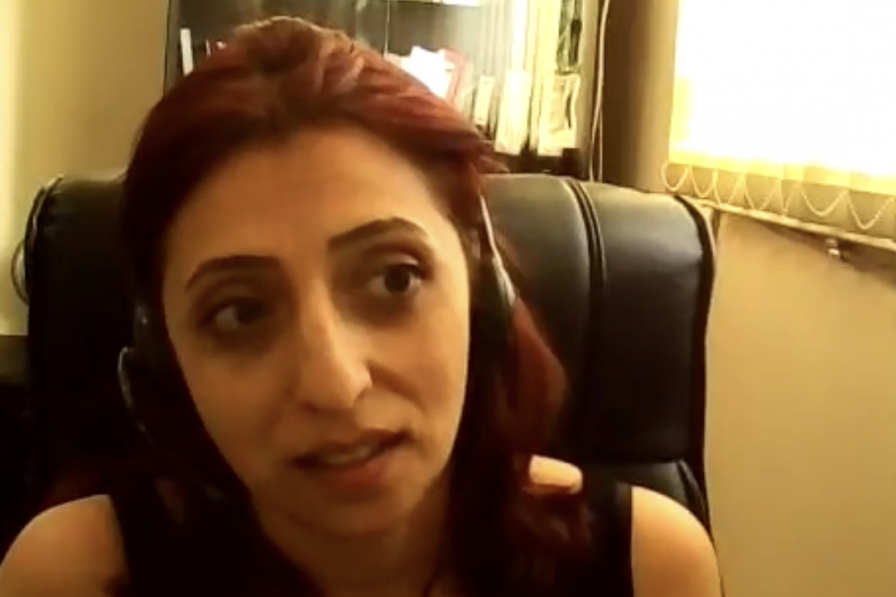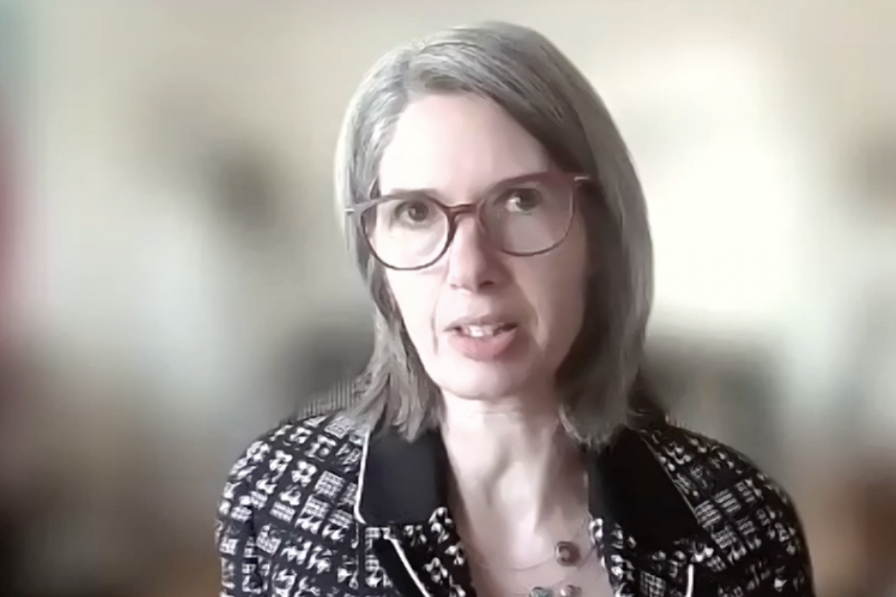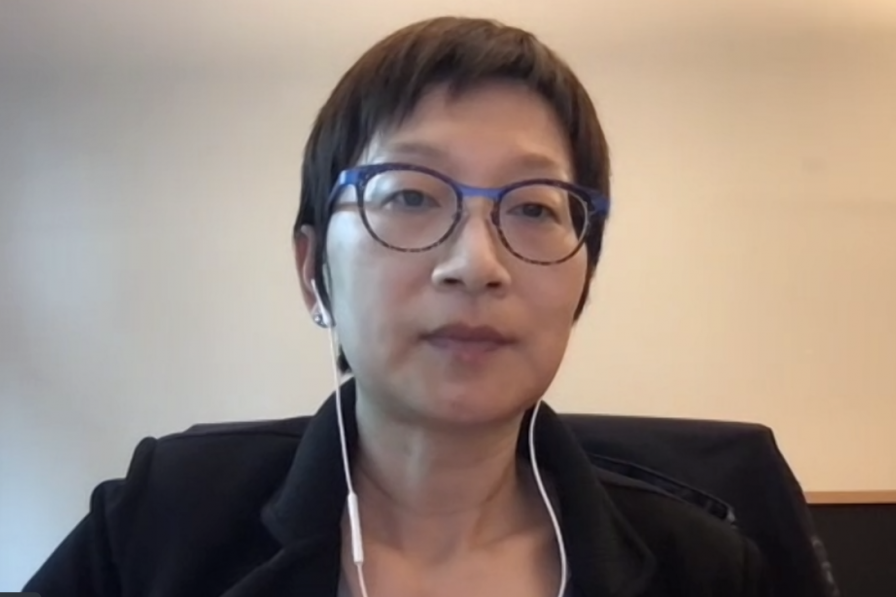On its final day, the GEO Virtual Symposium 2022 held a session exploring the Group on Earth Observations (GEO) new Resilient Cities and Human Settlements engagement priority. This was followed by a session presenting recommendations for the next GEO Work Programme (GWP) resulting from a report on the current GWP. It concluded with final messages from select member representatives, Programme Board members, and the Director of the GEO Secretariat.
The “Urban Fabric: A Complex and Opportune Nexus” session considered implications of the new engagement priority for the next GWP. Evangelos Gerasopoulos, Institute for Environmental Research and Sustainable Development (IERSD), Greece, and Co-Chair, GEO Programme Board, explained how the new engagement priority fits into global agendas, and provided an overview of its implications for the next GWP. In a panel on where cities currently stand, speakers discussed:
- the Armenian capital of Yerevan’s use of Earth Observation data and tools;
- how nature-based solutions are being used in cities worldwide; and
- ways the European Environment Agency’s Climate-ADAPT platform tools and services can be applied to urban adaptation planning.
A second panel on how GEO is addressing the urban nexus discussed:
- how Earth observation data is used in designing financial products to address disaster risks facing cities;
- the role of citizen science in tackling urban issues;
- the Earth observation Urban Toolkit and its ability to aid work on targets under the Sustainable Development Goals (SDGs); and
- the potential of Earth observation for assisting World Heritage Cities.
The session on “Improving Policy Relevance and Delivery of the Next GWP” looked at the findings from a new report mapping the engagement of the 2020-2022 GWP, and its 13 recommendations regarding the 2023-2025 GWP. These included:
- prioritizing a thematic focus on the Artic/cryosphere, small island developing States, and water;
- having targets for on-the-ground implementation and collaboration with user communities;
- aligning selection criteria of GWP activities with global policy agendas;
- collaborating with the UN Framework Convention on Climate Change, Intergovernmental Panel on Climate Change, and disaster risk reduction (DDR) national focal points;
- focusing on Earth observation tools and services for adaptation, and loss and damage;
- supporting Earth observation needed for climate finance decision making;
- focusing on Earth observation tools and services for Sendai Framework targets and indicators;
- considering the concept and practice of "capacity sharing" rather than capacity “development”; and
- creating an inventory of capacity development resources in the GEO Knowledge Hub.
In a snap poll of participants, 94% supported the recommendations. In a lively subsequent interactive debate, participants offered suggestions for consideration when preparing the next GWP.
In the closing session, Shushanik Asmaryan, Amenia’s representative to GEO, urged caution in aligning GEO tools and services to global agendas, since these always need to be adapted to national needs and conditions. Bapon Fakhruddin, Programme Board member from New Zealand, stressed the importance of co-design and co-development of GEO products and services with end users. Marie-Josée Bourassa, Progamme Board member from Canada, urged carefully considering the intended end user for each GEO product or service, whether local decision makers on the ground or those setting global policy agendas.
In her closing remarks, Yana Gevorgyan, Director, GEO Secretariat, reminded participants that all of them, not just the Secretariat, are GEO, and thus they must be the ones who improve coordination, promote GEO’s work, link up with climate and DDR focal points, and improve and promote capacity sharing. Noting members’ desire to continue dialogue on the evolution of GEO and the GWP between meetings, she promised the Secretariat will find a way to promote ongoing dialogue, perhaps through a forum on the GEO Knowledge Hub.
To receive free coverage of global environmental events delivered to your inbox, subscribe to the ENB Update newsletter.
